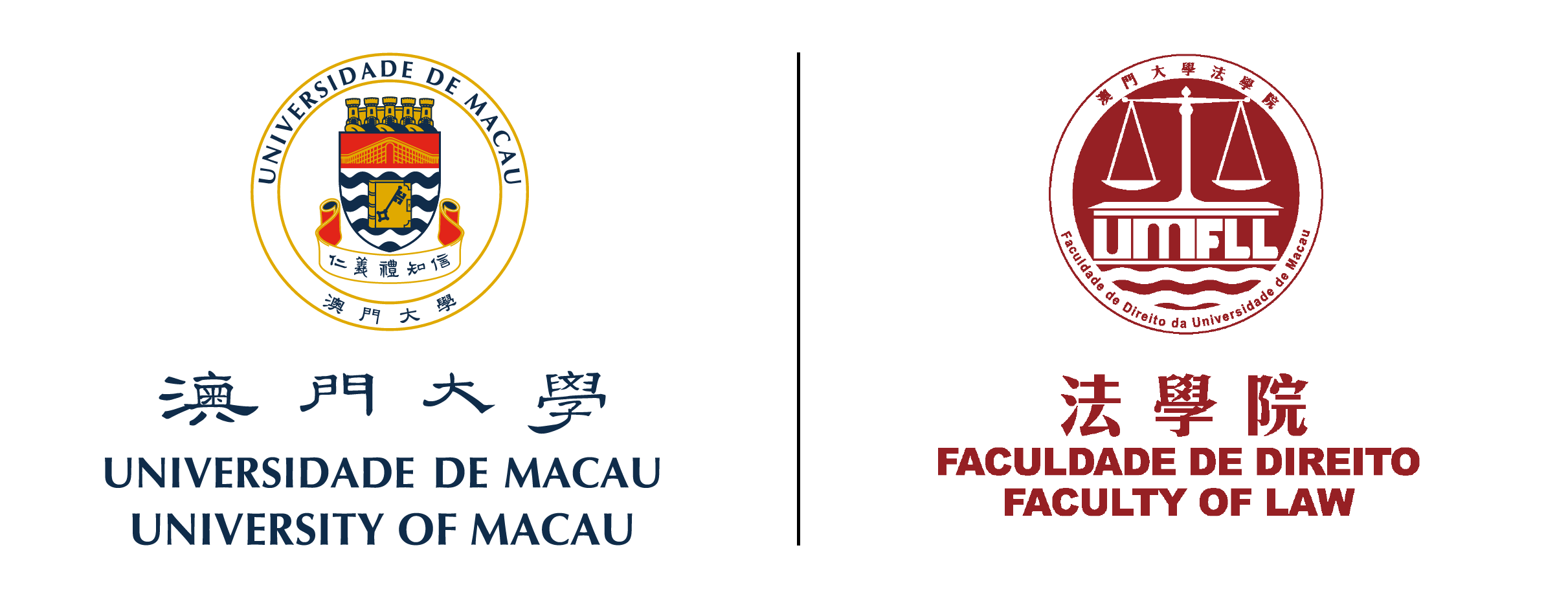Combatting Money Laundering by Criminal Law in China Under the Holistic Approach to National Security
XIN WANG
ABSTRACT: Non-traditional national security is an important part of the holistic approach to national security. As money laundering kept evolving, its harmfulness began to undergo expansion, and, separated from the single attribute attached to the predicate crimes at the beginning, gradually escalated to become the prominent issue of non-traditional security. In consequence, anti-money laundering has been upgraded to the overall strategic height of maintaining national security and international political stability. Anti-money laundering, as a connecting point, involves many non-traditional national security issues such as financial security, counter-terrorism and global cooperation, and becomes an important link and a starting point in practising an holistic approach to national security. Given the harmfulness and grim situation of money laundering, China has established a normative system for anti-money laundering. However, facing new complex situations and international cooperation, we need to examine anti-money laundering from an holistic approach to national security, fully understand the role of anti-money laundering in promoting the modernisation of the national governance system and governance capacity and maintaining economic and social security and stability, take the universal international anti-money laundering standards that China has explicitly promised to implement as the reference frame and implement it from several aspects such as further perfecting the criminal legislation of anti-money laundering, thus strengthening the judicial consciousness of combating money laundering crimes and enhancing the effectiveness of judicial practice.
KEYWORDS: holistic approach to national security, money laundering, terrorist financing, normative system, Financial Action Task Force
Information
Macau Journal of Global Legal Studies, Volume 1 (2024), pp.110–140

